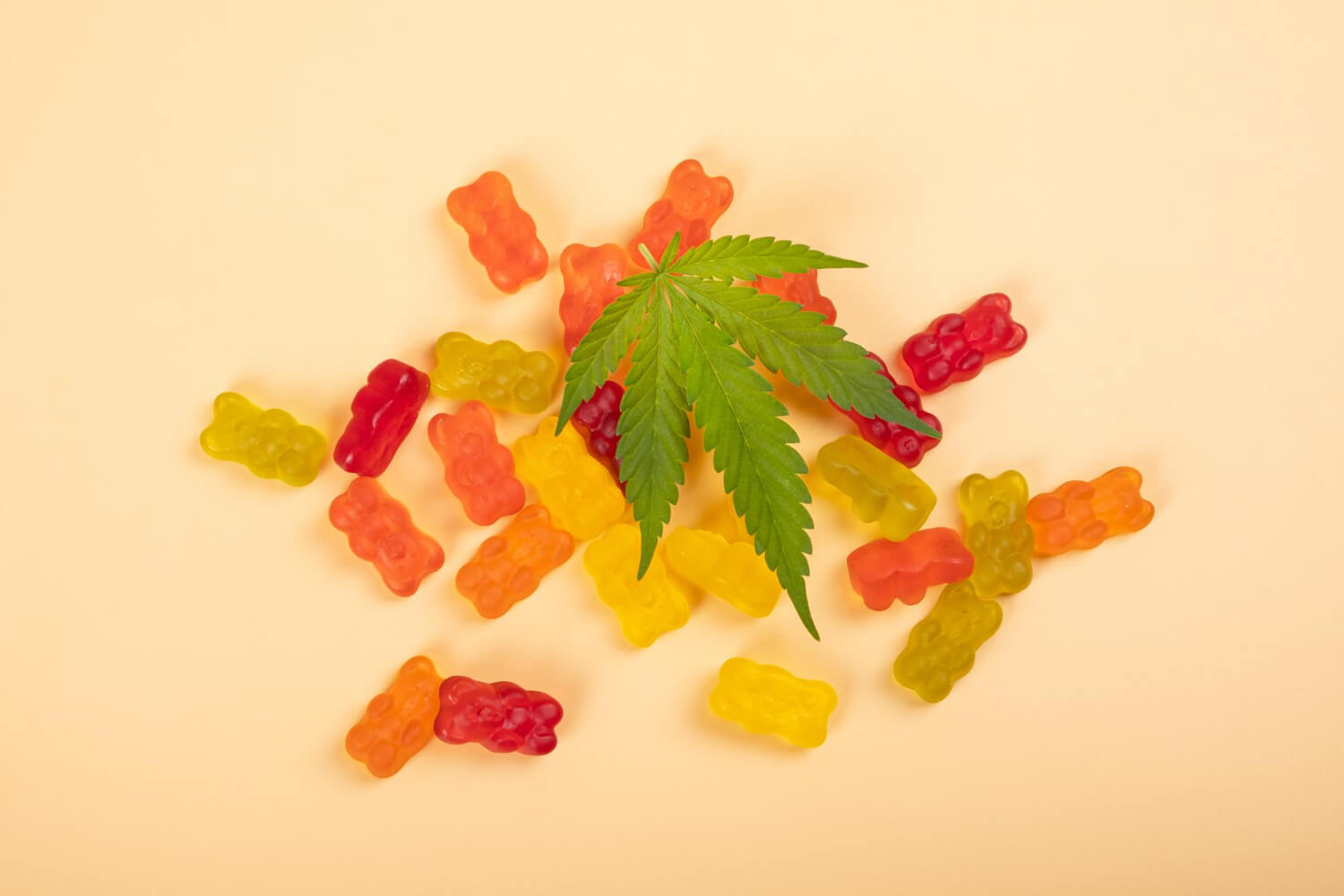Officials from the Florida Department of Agriculture and Consumer Services recently uncovered more than 8,700 packages of hemp extract products marketed toward children during a large-scale sweep of businesses selling these items. As a result of this finding, a stop-sale order has been issued against one major company responsible for distributing these child-targeted offerings – Top Private Label Co., which is based in Daytona Beach.
New Law Mandates Age Limitations and Safe Packaging for Hemp Extract
A new law was passed in Florida back in July stipulating various restrictions around the sale, marketing, packaging, and distribution of hemp products meant for human consumption. This legislation requires age restrictions for purchasing such products, bans advertising that targets children directly or indirectly and demands safe packaging practices to limit access by minors. Furthermore, it enforces health and safety standards for ingestible hemp items akin to those applied to other foodstuffs. The rationale behind these newly implemented regulations is to curb the potential exposure of minors to potentially harmful substances present within hemp-derived products, such as THC (the psychoactive component found in marijuana).
Largest Inspection in State History Targets Businesses Defying New Rules
To bring statewide adherence to these recent regulatory changes, Florida’s Agriculture Department carried out its largest-ever inspection over July and August, focusing specifically on establishments retailing hemp extract products intended to attract children. This extensive operation reached all 67 counties within the state and involved the checking of over 700 individual businesses. By the end of this massive campaign, authorities had discovered more than 83,000 problematic packages containing targeted hemp extracts, including those containing THC, a psychoactive substance that can be harmful to developing minds.
Over 107,000 Inappropriate Hemp Product Packages Identified Since July
Since the implementation of the new law on July 1st, the Florida Department of Agriculture and Consumer Services has discovered more than 107,400 packages of hemp extract products violating state legislation by enticing minors for consumption. These findings have shone a concerning light on an industry sub-sector seemingly willing to put profit before public welfare, reaching out specifically to younger demographics who may not possess the knowledge or understanding requisite for the potential risks associated with these hemp-derived items.
Authorities Take Swift Action Against Non-compliant Companies
To eradicate this disturbing trend, swift and decisive action is being taken by those responsible for upholding the law. The aforementioned stop-sale order issued against Top Private Label Co. represents just one example of official reprisals faced by companies found guilty of contravening regulations designed to protect the well-being of society’s youngest members. As other operations are identified as non-compliant, it is anticipated that further penalties will continue to be levied in a thorough attempt to drive home the importance of these rules and compel adherence across the entire industry.
Industry Urged to Prioritize Health and Safety Compliance
With such a high number of illicit hemp packages uncovered within such a short period since the law’s introduction, there are concerns that this issue may pervade even deeper than currently known, and the authorities are urging vigilance on the part of the public. Consumers should be diligent when purchasing any ingestible hemp products and do their part to ensure they are supporting companies that prioritize quality control and regulatory compliance. Industry insiders warn that continued violations could lead to stricter regulations – a move dreaded by legitimate hemp businesses consistently prioritizing safety and responsible marketing.
Public Accountability Critical for the Future of Ingestible Hemp Market
Public accountability is required as a means to sift out bad actors in the ingestible hemp market and put pressure on compliant businesses to set a positive example for the industry. Consumers, business owners, and regulators must all play their part in enforcing strict controls over these controversial products aimed at children, lest this issue escalate and cause even more widespread concern in the future.





